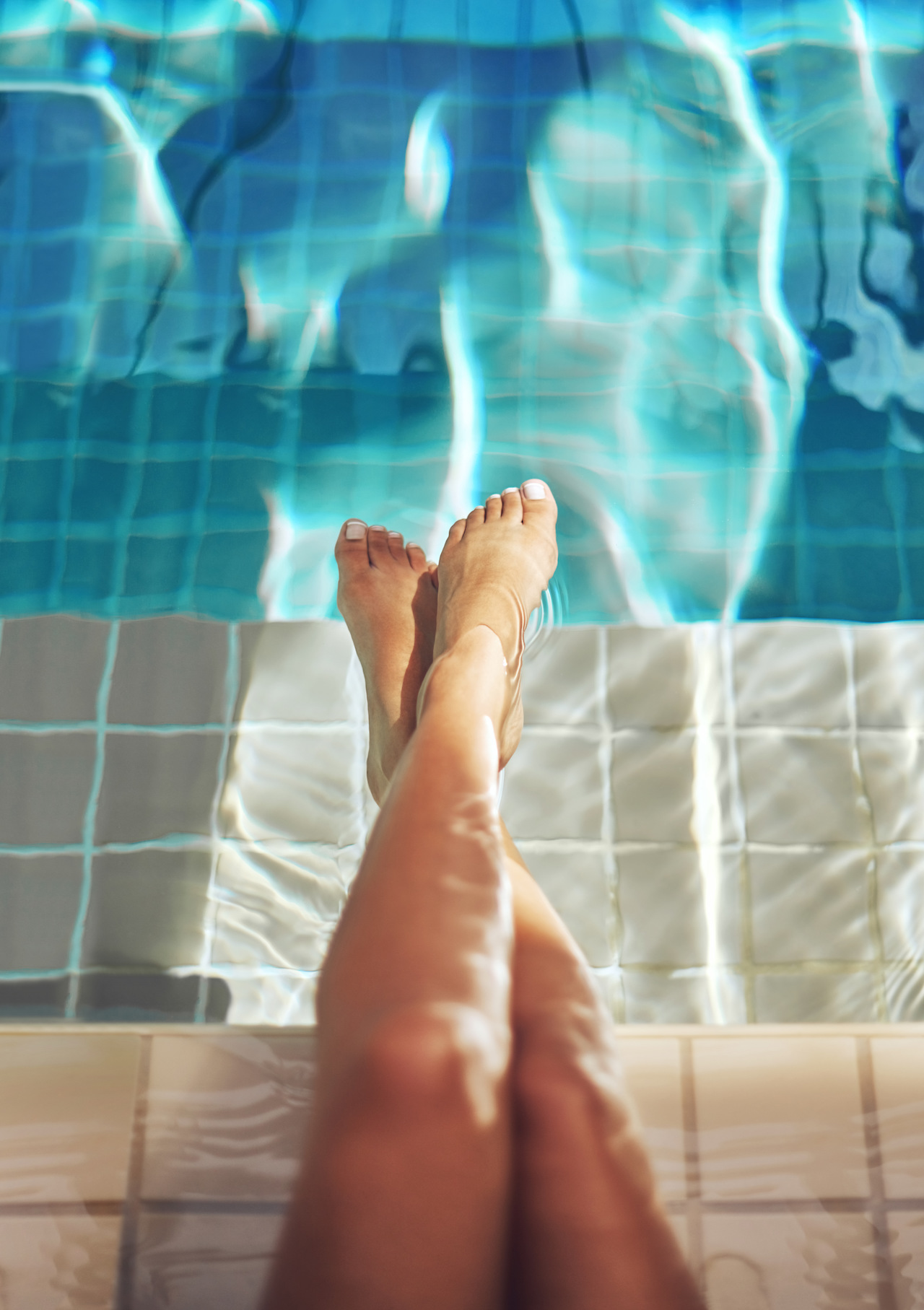General
Is Your Pool’s Water Healthy? Here’s How to Be Sure

No one wants to spend their holidays dealing with the consequences of contaminated pool water. Before you jump in, do you know if your pool’s water is safe to swim in?
Ensuring that the water in your pool is healthy is crucial for both your personal health and the well-being of others who may use it. In this blog, we’ll discuss the importance of maintaining clean pool water and provide some tips on how to do so.
The Importance of Clean Pool Water
Illnesses caused by germs like Cryptosporidium and E. coli can be found in contaminated pool water. This is why it’s essential to ensure that your pool’s water is clean and safe to swim in. Not only does it protect you and your loved ones from getting sick, but it also prevents the spread of germs to others who may use your pool.
Here are some dangers that come from swimming in a pool with contaminated water:
- Skin rashes and infections
- Gastrointestinal issues
- Respiratory issues
How to Keep Your Pool Water Clean
Now that you understand the importance of maintaining clean pool water, let’s talk about how to do it. Here are some tips to help you keep your pool’s water healthy and safe for swimming:
- Test the Water Regularly: It’s crucial to test your pool’s water regularly using a testing kit. This will give you an idea of the water’s pH level, chlorine and sanitizer levels, and other important factors that determine its cleanliness.
- Keep the Pool Filter Clean: The pool filter is responsible for removing debris and contaminants from the water. It’s essential to clean or replace it as needed to ensure it’s functioning correctly.
- Add Chlorine: Chlorine is a well-known disinfectant that helps kill germs and bacteria in pool water. It’s essential to maintain the proper chlorine levels in your pool, usually between 1-3 parts per million (ppm).
- Skim the Surface: Debris like leaves, bugs, and other particles can quickly accumulate on the surface of your pool. Skimming the surface with a net will help keep it clean and prevent clogging your pool filter.
- Shock the Pool: Shocking your pool means adding a large amount of chlorine to quickly raise its levels. This helps combat any bacteria or algae growth and should be done weekly or after heavy usage.
Signs of Contaminated Pool Water
Sometimes, even with all our efforts, pool water can still become contaminated. Here are some signs to look out for:
- Cloudy Water: If your pool’s water appears cloudy, it could be a sign of bacteria or algae growth.
- Strange Smell: A strong chemical smell coming from your pool is not a good sign. It could indicate an imbalance in the pool’s pH levels or chlorine levels.
- Skin Irritations: If you or anyone who has used your pool experiences skin irritation or rashes, it could be due to contaminated water.
If you notice any of these signs, it’s best to stop using your pool and address the issue immediately. You may need to shock the pool, clean or replace the filters, and retest the water to ensure it’s safe to swim in.
Things to Remember
Remember to keep an eye out for any signs of contamination and address them promptly to prevent any potential illnesses. Don’t forget these tips and you’ll be sure to have a summer filled with safe, refreshing swims.





















